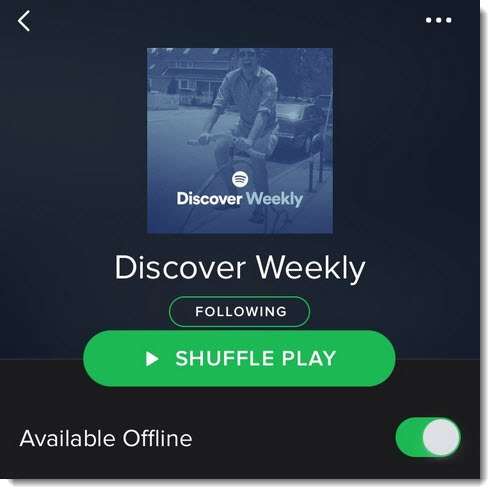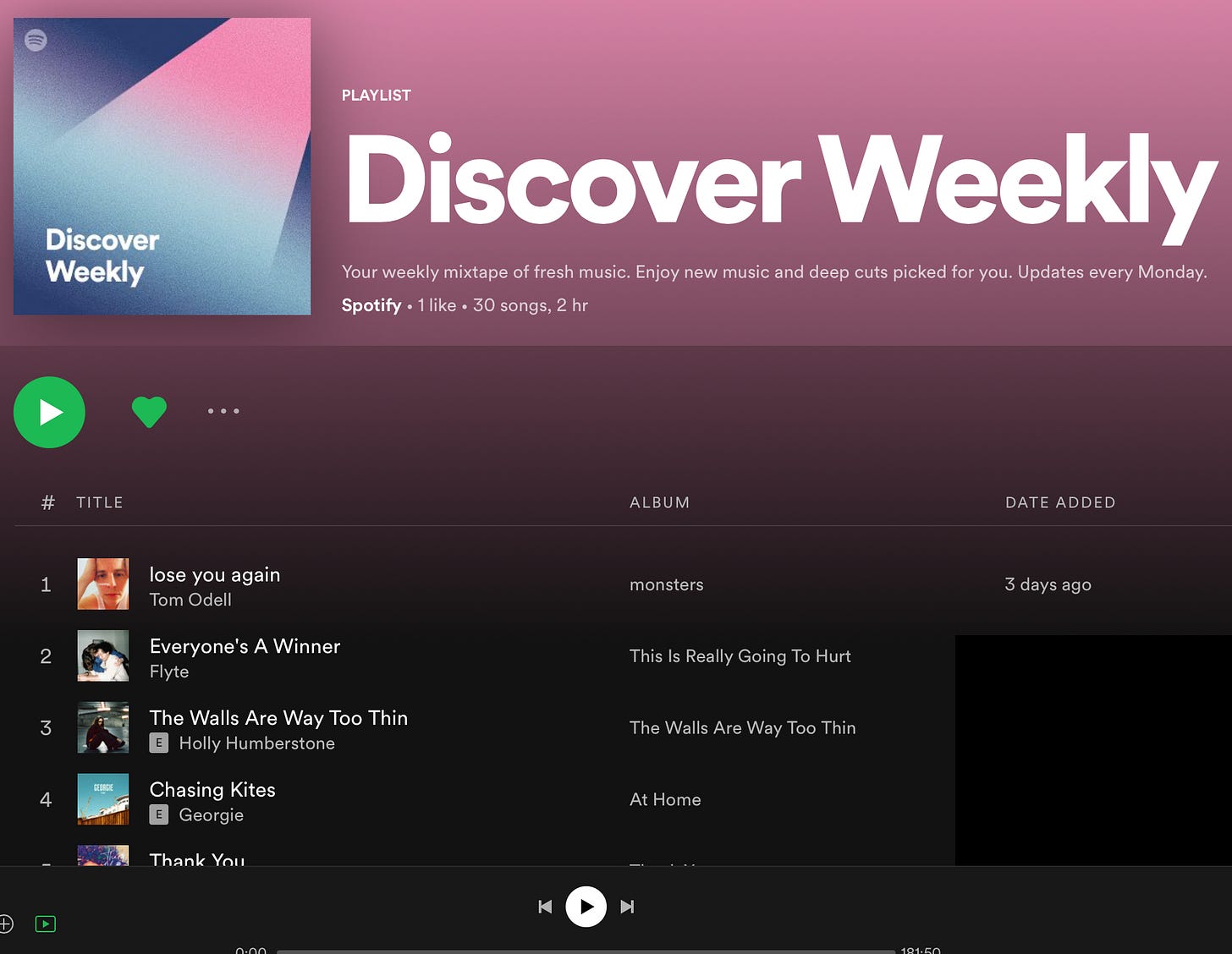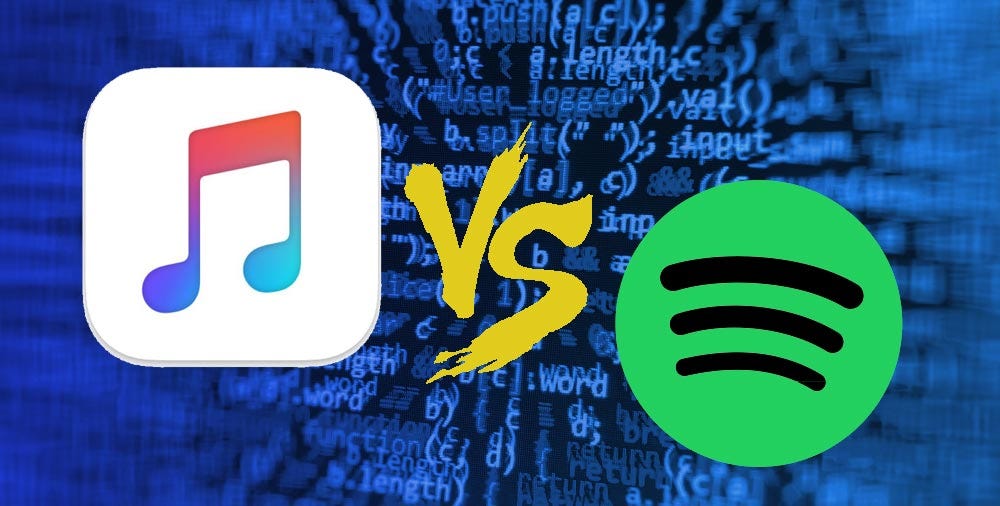Discover Weekly: Spotify's Accidental Home Run
Today, I talk about how Spotify managed to stumble upon one of the most-used features in their app- 'Discover Weekly' and how it was a lesson for the ages, in Big Data
We write a daily newsletter on all things Music, and the Business and Tech behind it. If you’d like to get it directly in your inbox, subscribe now!
Hi Everyone,
Yesterday, I managed to read up the last chapter of the book- Tarzan Economics called ‘Big Data, Big Mistakes’.
Will Page’s book has been a constant source of interesting anecdotes and stories for this newsletter on how the music industry works, with Page’s front row experience of overseeing the transition into streaming, as the Chief Economist of Spotify.
Taking a leaf out of the same, today’s newsletter talks about an interesting anecdote of how Spotify accidentally created arguably their most used feature on the app- the ‘Discover Weekly’ playlist.
What is this feature?
Launched back in July 2015, Discover Weekly has been active on the Spotify App for over 6 years now, and as per Spotify’s report last year, users have spent more than 2.3 Billion Hours streaming it, ever since.
For context: That’s more than 267,000 years, or roughly how long humans have been around 🤯
In case you don’t use Spotify like me ( I still prefer Apple Music for the aesthetics), Discover Weekly is a feature that curates a unique 30-song personalized playlist for each subscriber on Spotify, every Monday 📆
So how did this feature come into being?
Page writes in his book 👇🏻
The Discover Weekly playlist feature represented a paradigm shift for Spotify and media in general.
For a long time, Spotify had boasted about its ability to curate music at scale, but hadn't done much to prove if and how that would work. In the early summer of 2015, Spotify was closing in on 100 million monthly active users, each with their own unique taste- how do curate playlists for each and every one of them?
The 20th of July 2015 (the third Monday of that month) was the day that the world found out the answer to that question.
With Apple Music breathing down its neck and officially being launched on 30th June 2015, a couple of weeks before ‘Discover Weekly’, media houses were betting on the battle of music streaming.
Apple vs Spotify was being billed as the classic David vs Goliath fight, especially given that Apple was closing into becoming the first $1 trillion company in the world, and now entered Music streaming with ambitious plans to rain on Spotify’s party.
However, Discover Weekly was an unexpected immediate success, garnering 40 Million Downloads of the Playlist, and more than 5 Billion songs streamed within the first year of its launch itself 🚀
Despite all the media fanfare of writing Spotify off in the battle of music streaming, it had managed to create a pretty strong moat around itself.
However, there was just one problem.
Spotify couldn’t figure out why Discover Weekly was an overnight success 🤷♂️
In the search for answers that Spotify needed to protect the moat it had created around itself, Page traveled to the University of Chicago to meet with Nobel-Prize-winning American Economist- Richard Thaler.
Thaler had been a long-time proponent of using psychology with microeconomics, and is best known for his contribution to behavioral economics and is said to have brought ‘common sense’ to the field.
If you made it this far, it seems like you’re digging this newsletter! Why not share it with someone and help support us?
The result of the meeting?
Thaler opened up a side of the coin that had so far been largely ignored by the data analytics team at Spotify.
Page explains in his book further 👇🏻
Because all of us at Spotify were immersed in the data generated by the platform, we assumed that users understood how unique and personalised their experience was.
The 'curse of knowledge', as he put it, had made us see what we wanted to believe that users were recommending Discover Weekly because they appreciated the cleverness of the personalisation algorithm.
They didn't.
Consumers had no interest in the intricacies of the algorithm; they simply pressed a piece of glass, put it in their pocket and discovered new music.
The fact that users thought that the Discover Weekly playlist was not unique for everyone, made them share it with others like any other playlist.

However, this still did not explain fully why the playlist took off. After all, everyone understood that the playlists were unique after a while.
Trying to analyze why attempts like Throwback Thursdays and Feel Good Fridays had failed, Thaler gave what would eventually be the defining reason for the success of Discover Weekly.
It was launched on a Monday!
Citing American Economist and Professor at Wharton University- Katherine Milkman, and her study on ‘The Fresh Start Effect”, Thaler explained how mental accounting periods like the start of the week, month, or semester make it easier to engage in aspirational behavior."
Makes sense right?
How many times have you promised yourself to hit the gym beginning Monday, the first day of next month, or the first day of the year?
Page had now found his answer for why the same type of personalized playlist was failing when launched on Thursdays and Fridays but was an instant hit on a Monday.
So much for Big Data right? 😅
If you liked this newsletter from Incentify, why not share it with someone you like?
P.S- Follow us on Instagram and Twitter for more such content on all things Music and Culture, now!







